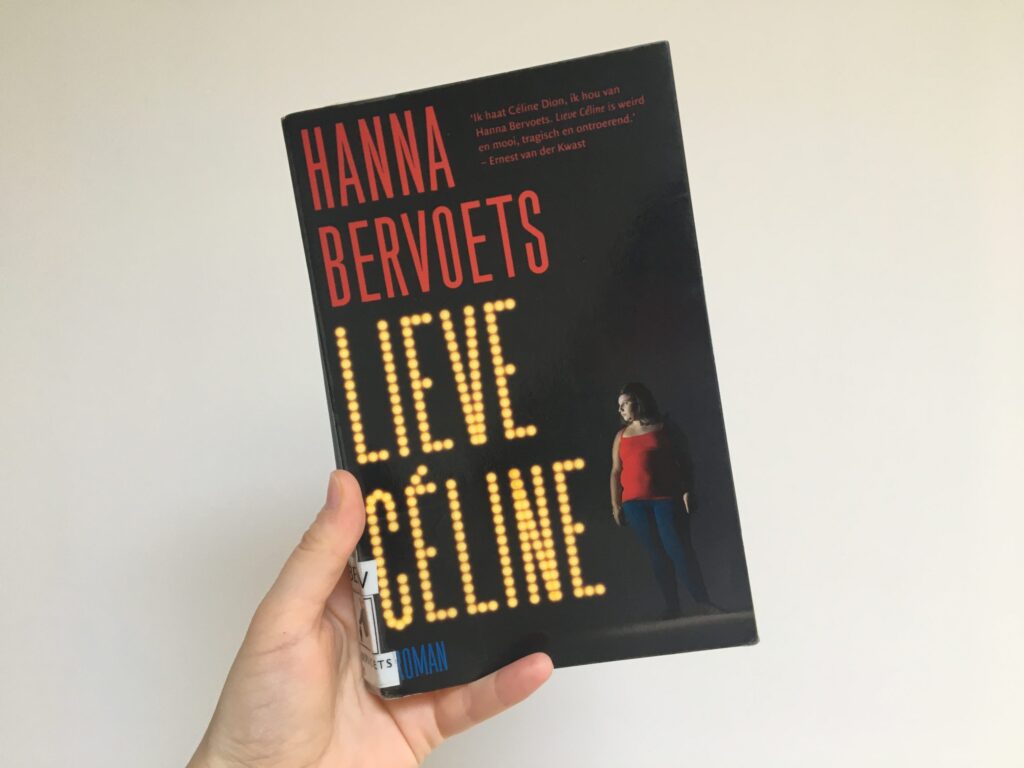


Bervoets does try to flesh out the world which surrounds content moderation, but the core questions she proposes (who, or what, determines our worldview, what is normal?) are questions we have been asking throughout the 2010s and are, perhaps, no longer enough to fuel a novella.

That’s not to say that the writing isn’t good, with clean sentences and well-developed characters. It's sad that this novella can be picked up, read, and shrugged off as old news. She was also a resident at Art Omi: Writers. Hanna Bervoets Translated by Emma Rault Synopsis 'The dank underside of social media, its cruelty and delusions. The internet has changed how we think, the internet’s normal has become our normal. HANNA BERVOETS is the author of seven novels in the Netherlands and the recipient of the Frans Kellendonk Prize. As it stands, in 2022, we are all too aware that our brains are desensitised, and that is no longer a surprise. This new idea of our brains being numbed by the internet was fresh and horrifying, but we struggled through it (by consuming more content). From one of the most acclaimed Dutch writers of her generation, We Had to Remove This Post is a chilling, powerful, and urgent literary masterpiece about who or. Back then, we, as a society, were shocked by the idea of being desensitised. If published a few years ago, it would have more impact, provoke more thought. Examining the toxic world of content moderation, the novel forces us to ask: what is right? What is real? What is normal? And who gets to decide? Translated from the original Dutch by Emma Rault.The thing about this novella, though, is that it feels somewhat out-of-date. How long before the moderators own morals bend and flex under the weight of what they see? We Had To Remove This Post by Hanna Bervoets is a chilling, powerful and gripping story about who or what determines our world view. Yet Kayleigh is good at her job, and in her colleagues she finds a group of friends, even a new girlfriend - and for the first time in her life, Kayleigh's future seems bright.īut soon the job seems to change them all, shifting their worlds in alarming ways. Kayleigh and her colleagues spend all day watching horrors and hate on their screens, evaluating them with the platform's ever-changing moderating guidelines. Her job: reviewing offensive videos and pictures, rants and conspiracy theories, and deciding which need to be removed. That's why she takes a job working for a social media platform whose name she isn't allowed to mention. To be a content moderator is to see humanity at its worst - but Kayleigh needs money.


 0 kommentar(er)
0 kommentar(er)
